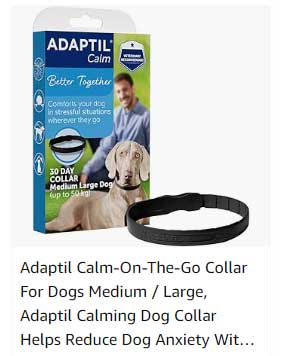Building a strong bond of trust between you and your dog is essential for a harmonious relationship.
This bond not only enhances your dog’s sense of security but also facilitates effective communication, obedience, and overall wellbeing.
Here’s why nurturing your dog’s trust in you should be a priority from the moment you bring them home.
1. Foundation for a Strong Relationship
Trust acts as the cornerstone of any relationship, including the one with your dog.
When your dog trusts you, they feel safe and are more likely to engage with you positively.
Establishing this relationship early on helps set the tone for years to come.
A dog that feels secure is more open to learning, which makes training an enjoyable process for both of you.
2. Effective Communication
Dogs communicate primarily through body language and behaviors.
When you nurture their trust, they become more attuned to your cues, and you become better at interpreting their signals.
This enhanced communication leads to better understanding, making it easier for both of you to navigate everyday situations, from playtime to discipline.
3. Behavior Management
When a dog doesn’t trust their owner, they may exhibit fears, anxiety, or rebellious behavior.
Trust can help mitigate these issues significantly.
A trusting dog is more likely to respond to commands and corrections without fear or aggression.
By nurturing this trust immediately, you can avoid many behavior problems that often surface in dogs lacking confidence in their owners.
4. Socialization and Exposure
A trusting dog is more willing to explore new environments and meet new people and animals.
Early socialization is crucial for a dog’s development, and trust plays a key role in this process.
When your dog knows they can rely on you, they are more likely to approach new experiences with curiosity rather than fear, which helps them grow into well-rounded adults.
5. Reduced Anxiety and Stress
Dogs thrive on routine and stability.
By establishing trust, you’re providing your dog with a sense of security in their environment.
This reduces anxiety levels and helps them cope better with changes, whether it’s moving to a new home or encountering new situations.
A trusting relationship can enhance your dog’s emotional stability and overall happiness.
6. Improved Training Results
Training based on trust rather than fear leads to more reliable results.
Dogs trained in a positive, trusting environment are more likely to perform commands accurately and willingly.
They become motivated to please you, leading to quicker learning and a more enjoyable training experience.
7. Lifelong Companionship
Building trust with your dog lays the groundwork for a lifetime of companionship.
A dog that trusts you is more likely to bond with you deeply, leading to a fulfilling relationship characterized by loyalty and affection.
This bond is not just beneficial for your dog; it enriches your life, providing companionship, joy, and unconditional love.
Conclusion
Nurturing your dog’s trust from the very beginning is crucial for cultivating a healthy, happy relationship.
The time and effort you invest in building this trust pay off in numerous ways, leading to a more obedient, confident, and well-adjusted pet.
Start early, be patient, and use positive reinforcement to foster a bond that will last a lifetime.
Remember, trust is the foundation of your relationship, and it’s never too early—or too late—to start nurturing it.









